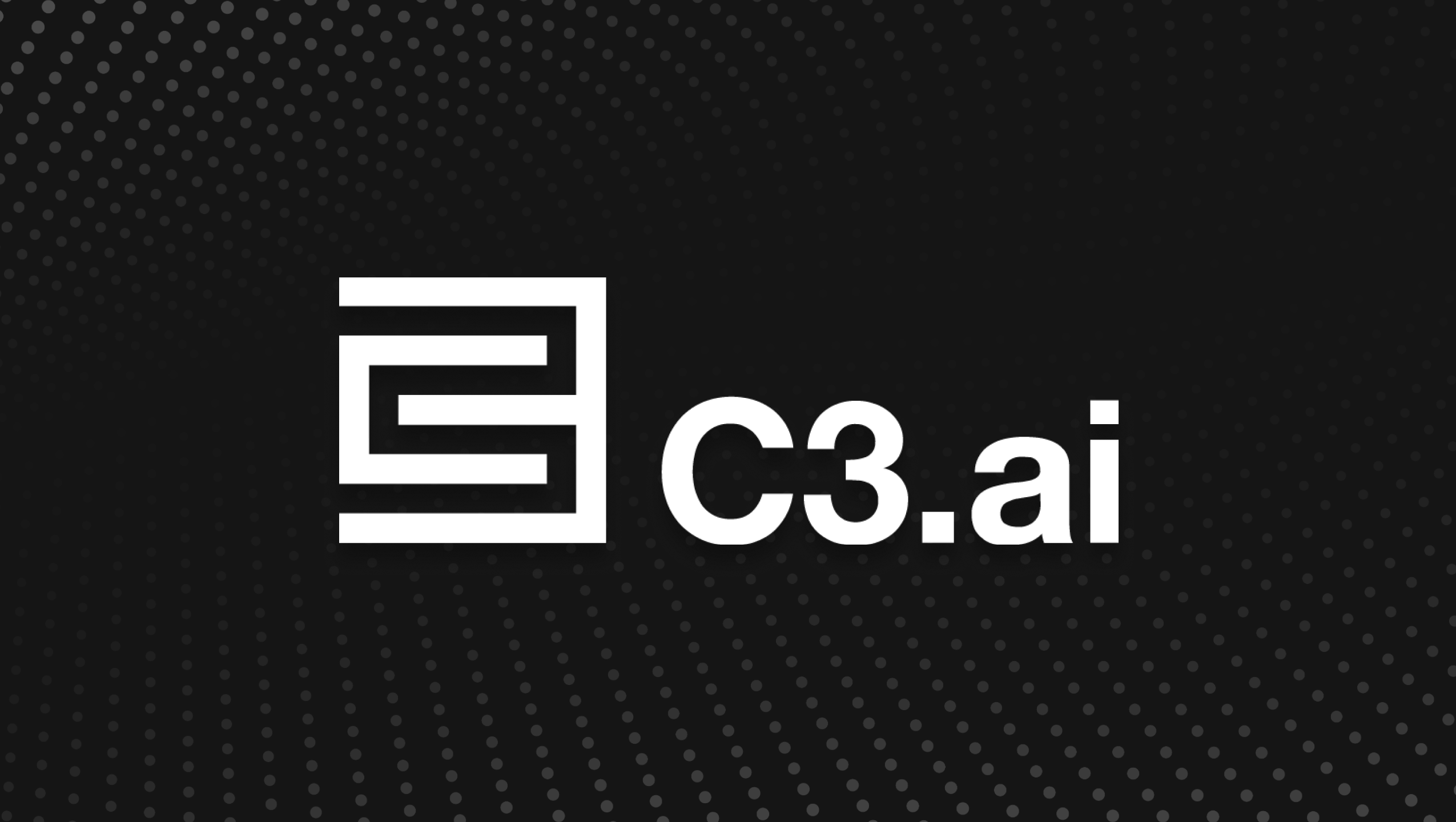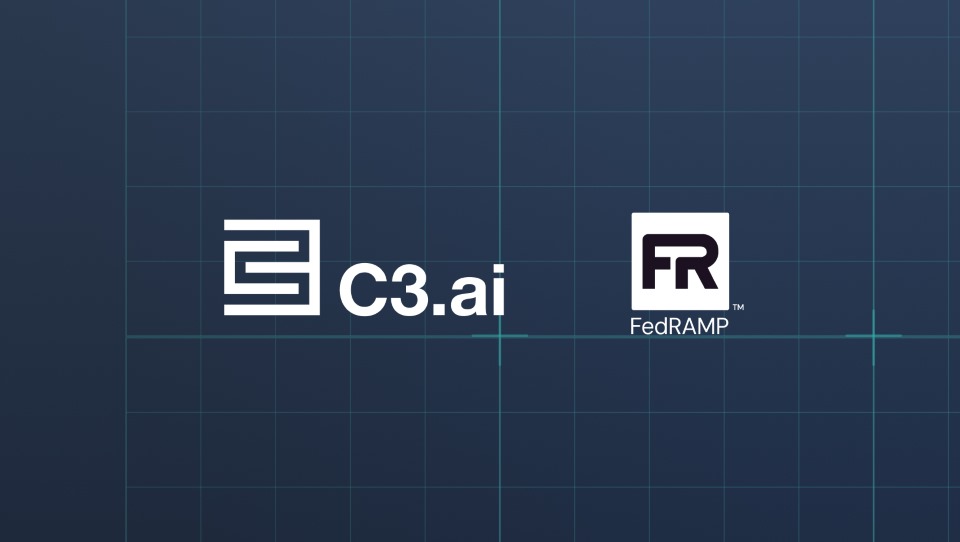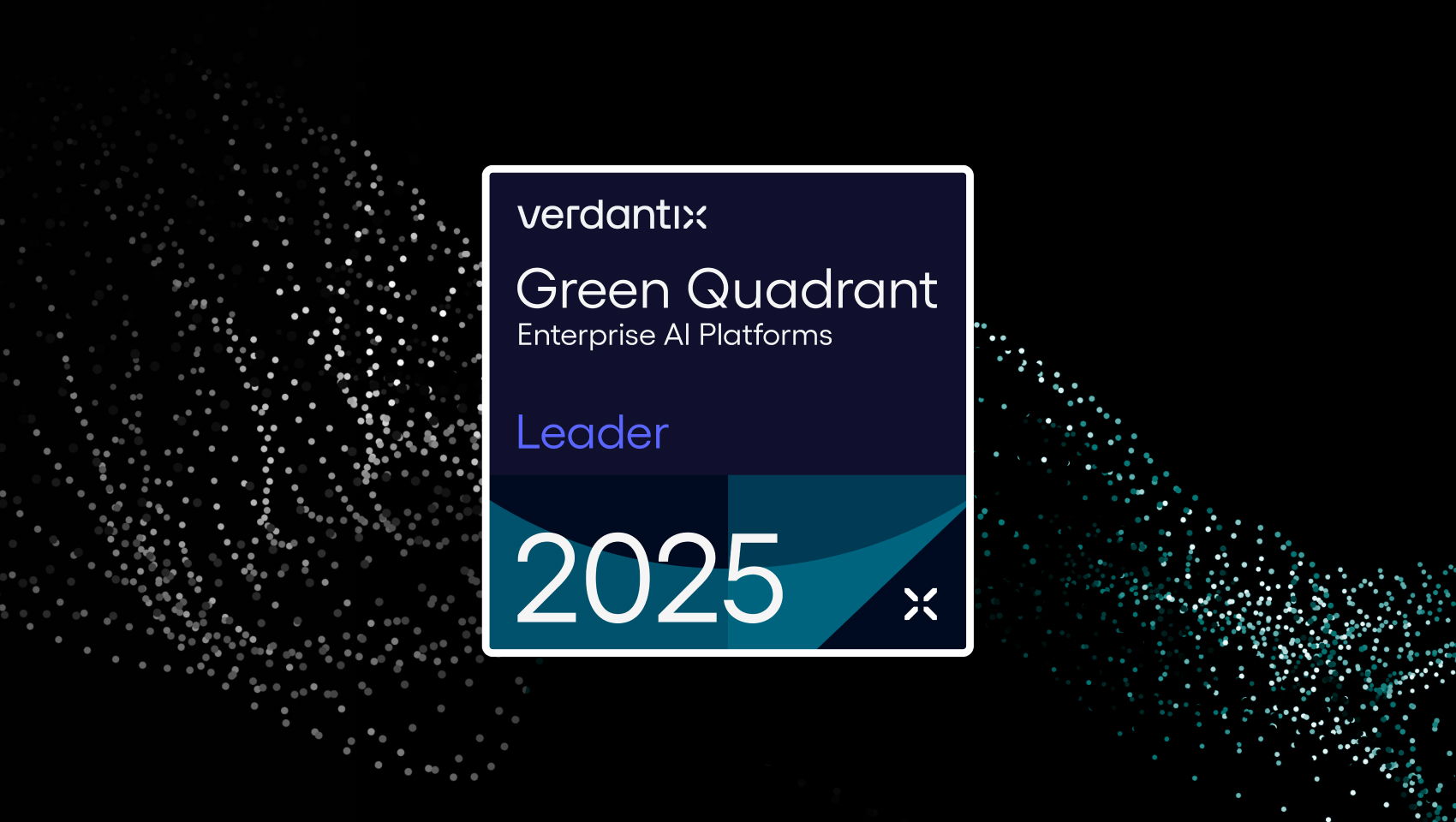REDWOOD CITY, CA – December 8, 2020 – C3.ai, a leading enterprise artificial intelligence (AI) software provider for accelerating digital transformation, today announced the winners of the C3.ai™ COVID-19 Grand Challenge. Launched on Sept. 15, the global competition encouraged developers, data scientists, students, and creative minds to build world-class data science techniques and strategies that accelerate novel COVID-19 research and drive smart and safe decision-making. The C3.ai COVID-19 Grand Challenge represents an opportunity to inform decision makers at the local, state, and federal levels and transform the way the world confronts this pandemic.
After a rigorous review process, the judging panel selected seven research projects for recognition. Judges assessed how well the entries leveraged data science techniques to derive insights that were not apparent before. The judges selected submissions that were most likely to unlock significant public health and economic benefits.
A total of $200,000 in cash prizes will be awarded to these research teams. Each has developed meaningful data-driven insights that will help the global community understand and mitigate not only the spread of COVID-19, but also prepare the world to fight future pandemics, improve the medical community’s ability to respond, and help policymakers navigate decisions about COVID-19.
C3.ai Grand Challenge Award Winners:
Grand Prize – $100,000
- Combined Diagnostics – Modeling Population Heterogeneity and Personalized COVID Diagnostics. Predicts an individual’s infectious and susceptibility status and probability of having COVID-19. The team applied the Bayesian Stochastic Expectation-Maximization method to demographics, individual health characteristics, and behavioral and geographical data to provide personalized estimates for each individual’s infectious and susceptibility statuses. (Freddy Bunbury – Carnegie Institution for Science, Nina Miolane – University of California, Santa Barbara, and Claire Donnat – University of Chicago)
“Any return to normality relies on accurately determining who might have COVID-19. Demographics, individual health characteristics, and behavioral and geographical data considerably alter one’s risk of catching, suffering from, and spreading the virus,” said Freddy Bunbury, post-doctoral researcher at the Carnegie Institution for Science. “Knowing this, we developed a machine learning model that is reactive, granular, and even personalized to help individuals, and – by extension – society, compute with greater accuracy the probability of having COVID-19. By intelligently combining these disparate data sources, we aim to more robustly capture people’s individual likelihood of having and spreading the disease, reduce false test results, and inform disease transmission models.”
“This project has huge potential to make an immediate impact on the pandemic with its approach to generating meaningful results from COVID testing,” said Thomas M. Siebel, CEO of C3.ai. “This is an unprecedented opportunity to apply informed decision-making based on data to enable daily life and business operations to continue, while effectively managing health risks.”
Second-Place Awards – $25,000 each
- DeepOutbreak: Framework for Forecasting Dynamics of COVID-19 and Co-Evolving Diseases. Models the progression of COVID-19 and symptomatically similar co-evolving influenza-like illnesses, as well as hospitalization and mortality rates. Designed to optimize healthcare deployment, which is especially important with hospitalizations resurging and healthcare workers increasingly becoming ill. (Alexander Rodriguez, Nikhil Muralidhar, Bijaya Adhikari, Naren Ramakrishnan, and B. Aditya Prakash – U.S.)
- Assessing Conservation Level of Therapeutic and Vaccine Targets of COVID-19. Predicts the effectiveness of vaccines and therapeutics by genome sequences and prioritizes relevant treatments to inform drug and vaccine development. (Yuanfang Guan and Manqi Zhou – U.S.)
Third-Place Awards – $12,500 each
- Analysis of COVID-19 Policies’ Impact on the Population and the Economy. Calculates the impact of government policies on COVID-19 infection rates, stock prices, and a population’s mobility to inform governments about how policies affect people and the economy. (Niti Wattanasirichaigoon, Napat Ratanakul, and Apiwat Jaroonpol – U.S., Singapore, and Japan)
- COVIDProf: An Intelligent Q&A Chatbot Tuned to Deliver Scientific Research and Data Related to COVID-19 in Natural Language. Makes finding and understanding relevant COVID-19 scientific research and data easier for the average person through an intelligent Q&A chatbot. (Varsha Rao and Joy Yeh – Singapore and Japan)
- Structural Modeling of COVID Spread in Relation to Human Mobility. Models causal relationships between human mobility indicators (trips, distance traveled, staying at home, and social distancing) and COVID-19 spread to inform how policymakers should take action. (Rezwana Rafiq, Tanjeeb Ahmed, and Md Yusuf Sarwar Uddin – U.S.)
- The Center on Stochastic Modeling, Optimization, and Statistics (COSMOS) COVID Linear Programming. Online tool for reopening communities that enables decision makers to study hypothetical scenarios to inform planning and protect high-risk individuals. (Victoria Chen, Yuan Zhou, Nilabh Ohol, Alireza Fallahi, and Amith Viswanatha – U.S.)
Award Criteria
The projects were reviewed on the basis of their scientific merit, the use of AI, machine learning, and/or other data science techniques in the project, and the incorporation of at least two data sources from the C3 AI® COVID-19 Data Lake.
The evaluation process also considered the extent to which the derived data science insights, if implemented at scale, will result in significant public health and economic benefit.
To learn more about the C3.ai COVID-19 Grand Challenge, please visit https://c3.ai/c3-ai-covid-19-grand-challenge/.



